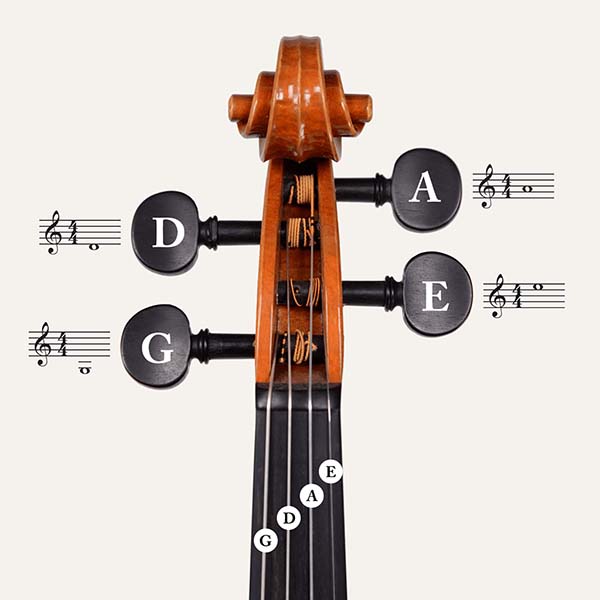Parents face an uphill battle when it comes to motivating children to practice.
Learning an instrument requires patience, discipline, focus, critical thinking skills, and perseverance -- qualities children have yet to foster.
However, it is through the study of a musical instrument that children begin to develop these traits. Unfortunately, some parents, out of desperation and lack of knowledge, resort to tactics which discourage the child.
For example, a parent may ask a child to practice for a set amount of time in exchange for a reward such as getting to eat their favorite dessert or staying up extra late to play video games. This method teaches the child that practice is a chore, and the fun awaits after practice has ended. Instead, we should help our children to see that the fun occurs during music practice.
So, how can parents inspire their children to practice in a healthy and exciting way? Here are three major ways.
Set Musical Goals
Setting musical goals encourages efficient practice and gives direction to the musical journey. Teachers will come up with objectives for the week, and parents make sure goals are set for each individual practice session.
For example, parents might say, “Today, let’s set a goal to play the first four measures of Mary Had a Little Lamb without any mistakes.” Instead of practicing mindlessly for a certain amount of time, your child will feel more satisfaction, knowing there is something concrete to work towards.
Ensure that each goal is attained within a short time frame. Otherwise, constant attempts to accomplish something the student isn’t ready for will lead to frustration. Remember, celebrate achievements, no matter how small. Positive reinforcement is key.
Show Your Enthusiasm and Love for Music and the Instrument
Fill your home with music. Listen to recordings. Attend fun musical events such as camps, concerts, and jam sessions.
The more you surround yourselves with music, the more your child will come to appreciate it. Also, they will want to practice to produce the same sounds they hear coming from the radio or live musicians. Besides music itself, let your child develop a close relationship with the instrument. Learn the anatomy and how to care for it.
An appreciation for the instrument is a healthy way to foster a love of playing and practicing. If they don’t care if it gets broken or damaged, chances are they will not take anything else about learning it seriously.
Last, but not least, always go into a practice session with enthusiasm. Don’t sigh and say, “Ugh, it’s time to practice. Let’s get this over with so we can go to bed.” Instead, always create anticipation for practice. “Oh, it’s almost time to practice. It’s going to be so much fun!” If you show enthusiasm for music, practice, and the instrument, your child will foster a respect and love for it as well.
Don’t Let Frustration or Tantrums Discourage You or Your Child
Learning an instrument is not a steady ascension to new levels. In fact, it’s full of ups and downs - two steps forward, five steps back and then 10 leaps ahead.
It’s more comparable to a rollercoaster ride. It’s normal, then, to expect moments of frustration and temper tantrums.
When a tantrum occurs, tell your child to step away from the instrument for a moment. Teach him or her to take a deep breath. Children need assurance that it’s OK to make mistakes and not get a concept right away. With time and patience, they will conquer the challenge that is causing them annoyance. And if they stick with it, they will feel so good, knowing how far they’ve come.





